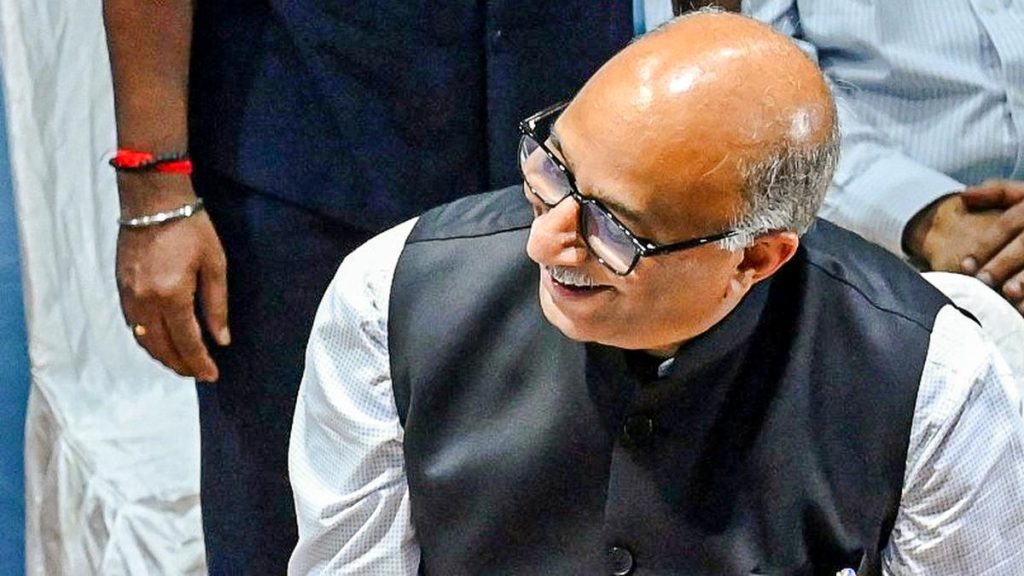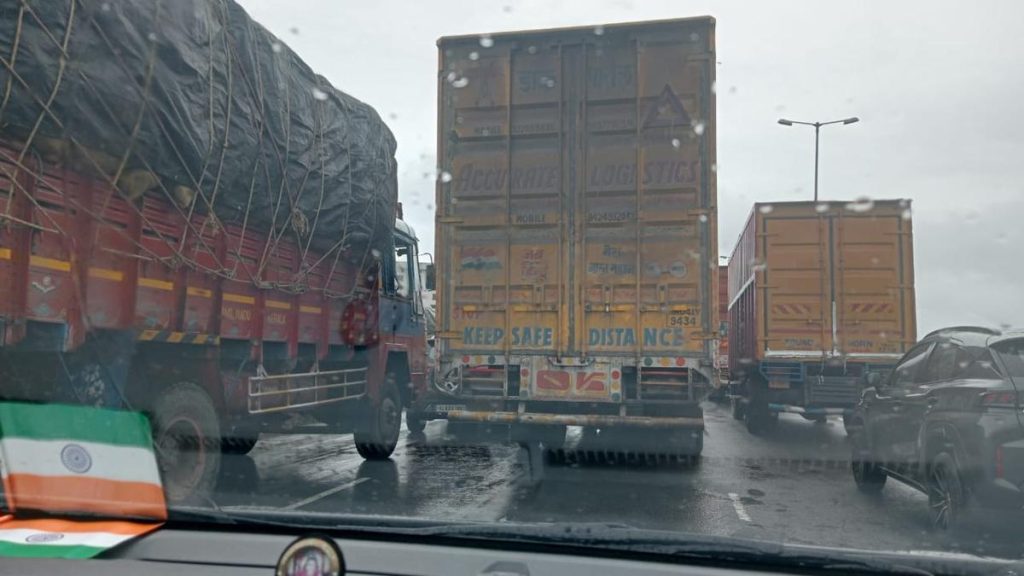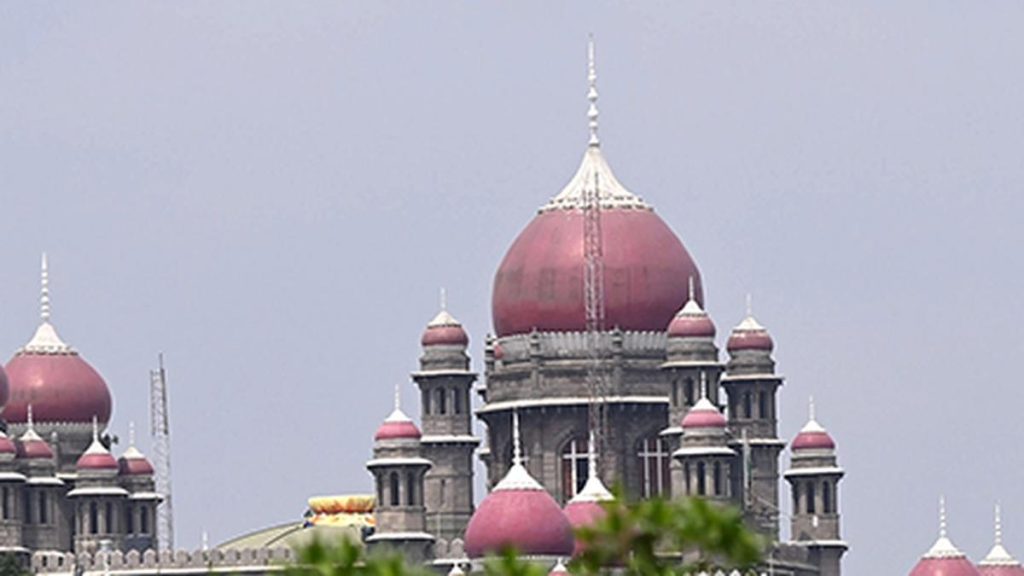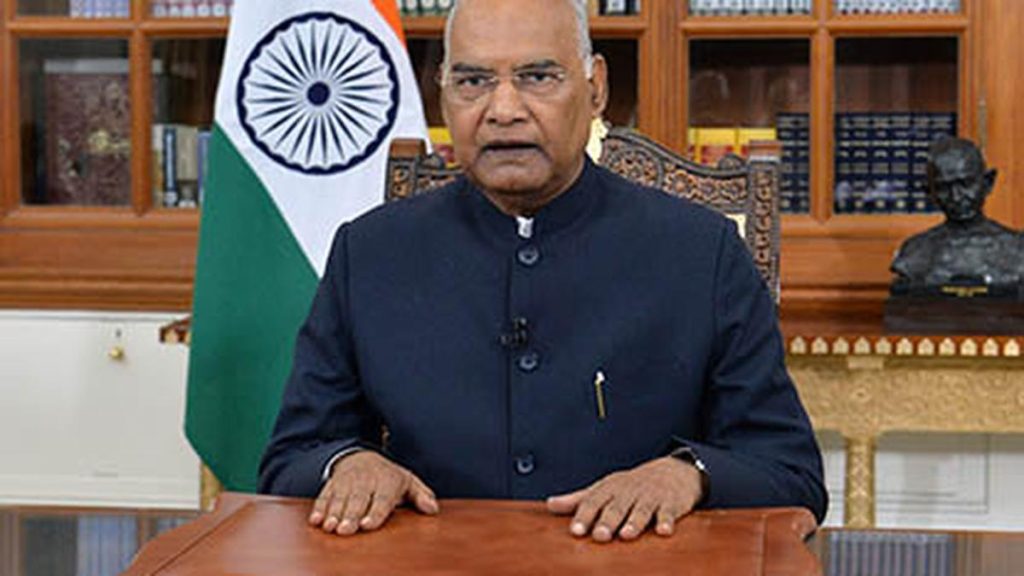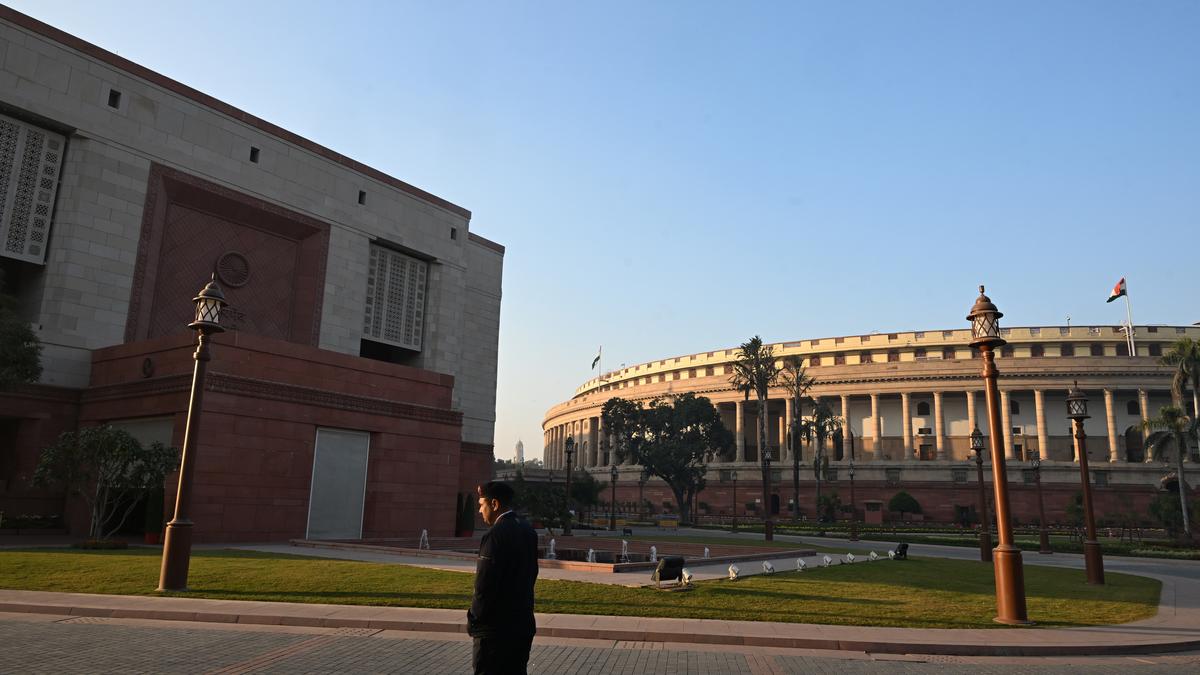Now Reading: Karnataka HC: Action Allowed Against Aggregators, Not Bike Taxi Drivers
-
01
Karnataka HC: Action Allowed Against Aggregators, Not Bike Taxi Drivers
Karnataka HC: Action Allowed Against Aggregators, Not Bike Taxi Drivers
Quick Summary
- The Karnataka High Court clarified that its earlier directive on August 20 was intended to prevent authorities from taking coercive action against individual bike taxi owners or drivers.
- On August 22, a division bench comprising Chief Justice Vibhu Bakhru and Justice C.M.Joshi stated that legal action could be taken against aggregators like Uber, Ola, and Rapido if they operate bike taxis without proper permissions.
- Concerns were raised by a representative of the Bike Taxi Welfare Association that transport authorities were seizing bikes and penalizing drivers despite the court’s non-coercive instruction.
- The High Court suggested passing a written order to protect individuals from harassment, with State Advocate General Shashi Kiran Shetty promising appropriate instructions to ensure compliance.
Indian Opinion Analysis
The Karnataka High Court’s oral clarification aims to balance regulatory oversight with avoiding undue hardship for individual bike taxi operators. This move underscores the distinction between aggregators’ legal obligations versus safeguarding small-scale operators who rely on this mode of transportation for livelihood. Ensuring non-coercive treatment is critical for preserving fairness while policymakers address larger systemic issues surrounding urban mobility solutions like bike taxis. Aggregators may face stricter scrutiny moving forward, which could prompt them to assess compliance measures more rigorously.
Read more: Bike Taxis Return To Bengaluru Roads


